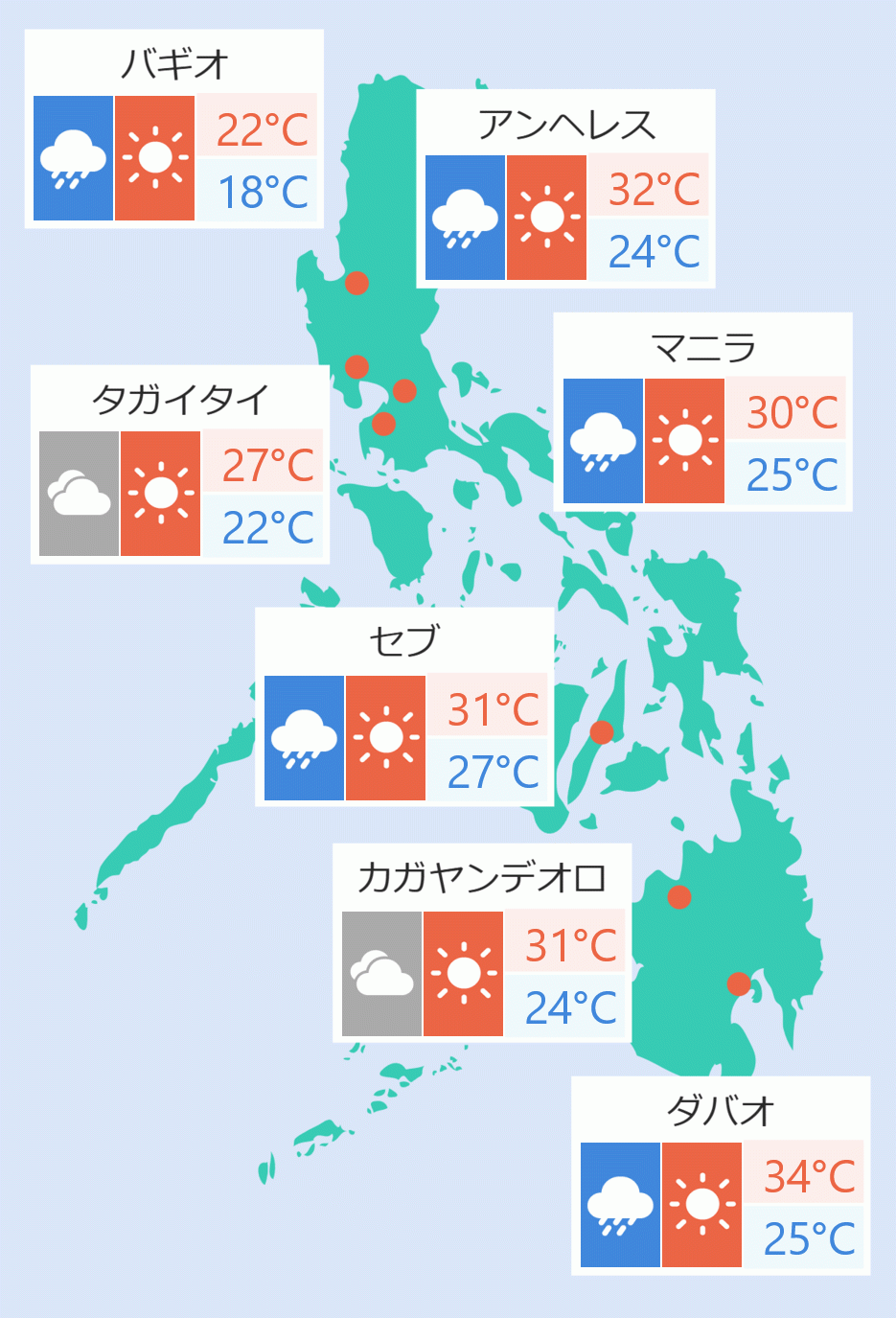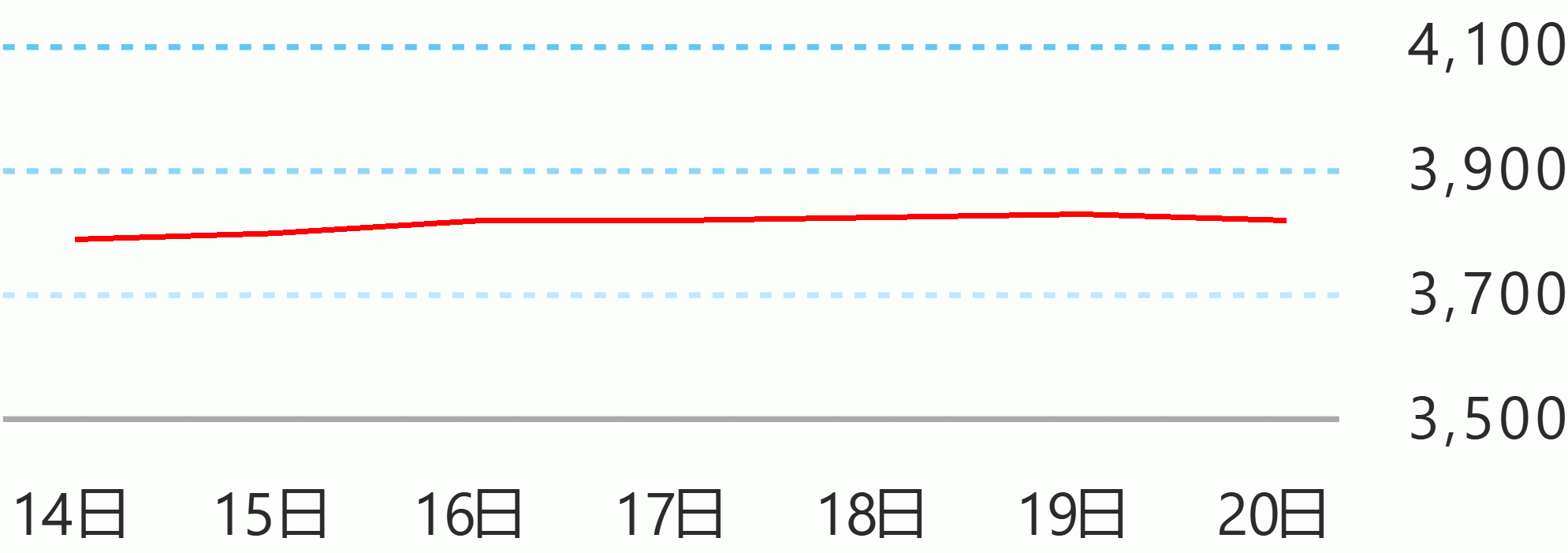When President Rodrigo Duterte said that the US Special Forces should leave Mindanao, it was to make sure they will avoid being targets of reprisals from Muslims.
Foreign Secretary Perfecto Yasay Jr said in a TV interview Tuesday Duterte said this “specifically in the context of wanting to save the lives of these Americans who are there, who might be exposing themselves to unnecessary risks.
Yasay also said Duterte’s statement should not be interpreted as a shift to the country’s policy towards the United States .
In a text message, Defense Secretary Delfin Lorenzana said: ““I clarified this with the President last night. He said he is not forcing the US troops out of Mindanao .”
“What he intended to say was that the US troops might want to pull out as their safety
might be in danger from reprisals of the Muslims that the atrocities of the US military in the early 1900 has been brought to light again,” Lorenzana added.
Col. Edgard Arevalo, a military spokesman, said the armed forces “take due notice of the pronouncement of the Commander-in-Chief President Rodrigo Duterte expressing his concern of the safety of US servicemen in Mindanao .”
“This refers to Western Mindanao (in particular areas like Zamboanga, Basilan and Sulu) where intense focused military operations combatting terrorism are ongoing.
Arevalo said “the recent pronouncement will affect only a token number of American Servicemen who are confined mainly in Zamboanga City .”
He said US forces in Mindanao number around 107 and they are all at the Western Mindanao Command in Zamboanga City .
“They provide technical assistance and training to their Filipino counterparts in combatting terrorism in the Philippines . The number has dwindled following the deactivation and pull out of Joint Special Operation Task Force - Philippines (JSOTF-P) several years ago,” he added.
Arevalo admitted a possible pull out of US forces in Mindanao may affect them as they help their anti-terrorism operation in southern Philippines .
“They provided us with technical assistance, training and shared information or shared intelligence that helped us in our conduct of our anti-terrorism campaign, this may affect us but the affect is not enough in such a way that we will not be able to accomplish our mission, we will still be able to accomplish our mission,” Arevalo said. Robina Asido/DMS





 English
English










